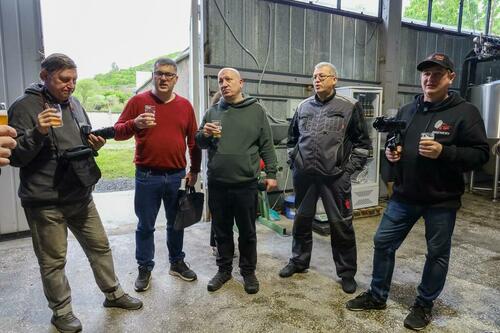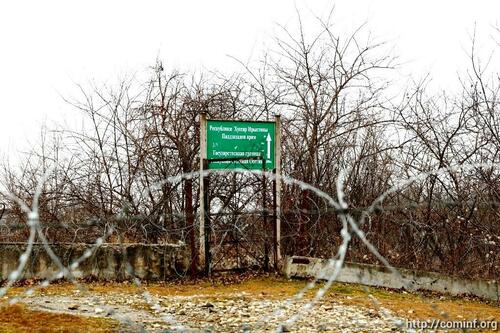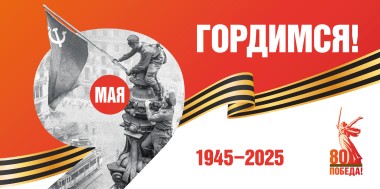A journalist's perspective on the challenges facing media in the Bosphorus region reflects the unique combination of the region's historical significance and pressing global issues. Uniting Europe and Asia, the Bosphorus symbolizes the crossroads of cultures, economies, and politics, underscoring the importance of the events taking place there. This is why the Moscow Government, with the support of the Moscow House of Compatriots, chose Istanbul as the venue for a meeting of the Russian-speaking journalists from around the world.
The media Forum, being held from September 21 to 24, brought together over 50 participants from 26 countries: journalists, editors, bloggers, and representatives of compatriot organizations. The event's rich program has included panel discussions, master classes, presentations of Moscow's achievements, and creative meetings aimed at exchanging experience and strengthening cooperation between international media.
The main challenges facing journalists today are not only related to objective coverage of global processes but also to adapting to the rapidly changing digital environment. Mastering new forms of media, combating disinformation, and maintaining independence and professionalism were key topics at the Forum. Participants also discussed the importance of building bridges of understanding between peoples and cultures.
The Republic of South Ossetia was represented at the Forum by Maya Kharebova, editor-in-chief of the Res news agency, and Zalina Tskhovrebova, editor-in-chief of the Yuzhnaya Ossetiya newspaper.
"In our time, when information plays a key role in shaping public opinion and strengthening international relations, honest, responsible, and professional work in the media is especially important. This platform is a unique opportunity to share with colleagues the development path of our Republic," Maya Kharebova has noted. She has emphasized that the timely dissemination of reliable information contributes to strengthening the dialogue between peoples and building a more just world.
Zalina Tskhovrebova emphasized the importance of the Forum as the international platform for exchanging ideas and finding new professional contacts.
The personal presence of Moscow Government Minister Sergei Cheremin gave the event a special status, confirming the importance of state support for the Russian-language media abroad and strengthening the Forum's authority.
Maria Zakharova, Director of the Information and Press Department of the Russian Ministry of Foreign Affairs, delivered a key message to the Forum participants in a video address. She noted the increasing efforts to downplay the role of the peoples of the USSR and the Red Army in the fight against fascism and emphasized the role of Russian media as information intermediaries adapting the Russian agenda to the realities of their host countries.
The inspiring part of the Forum was a creative meeting with a renowned writer Yuri Polyakov. His reflections on the power of words and the role of literature in modern society created an atmosphere of mutual trust and inspiration, stimulating the professional and creative growth of the participants.
The discussion on the potential of artificial intelligence and its application in journalism generated particular interest. Modern technologies are already being actively implemented in the media industry: they help automate routine tasks, speed up information search and processing, and create audio versions of texts and chat bots. However, experts also note risks, including a decline in content quality and misinformation. "A balance between innovation and professionalism is the key to success," the participants have shared. Today, AI enables in-depth analysis of big data and accelerates content creation, but it does not replace the creative and analytical approach of a professional journalist.
The Forum has concluded with a boat trip along the Bosphorus—a cultural event and the opportunity for informal networking and strengthening personal and professional connections. This boat trip added a warm and inspiring note to the event, creating a unique backdrop for further productive work.
International media forums play a crucial role in developing professionalism in the media industry—they facilitate knowledge sharing, discuss challenges ranging from digitalization to ethical issues, and foster intercultural dialogue.
Participants gain not only new knowledge and tools but also a boost of energy that motivates them to share their experiences in their editorial offices and audiences. This is especially important for young states and regions like South Ossetia, where media development strengthens national identity and fosters an honest information space.
Overall, the media Forum has become the important milestone in the development of the Russian-language foreign media, opening new horizons for cooperation, innovation, and the strengthening of cultural and professional ties.







